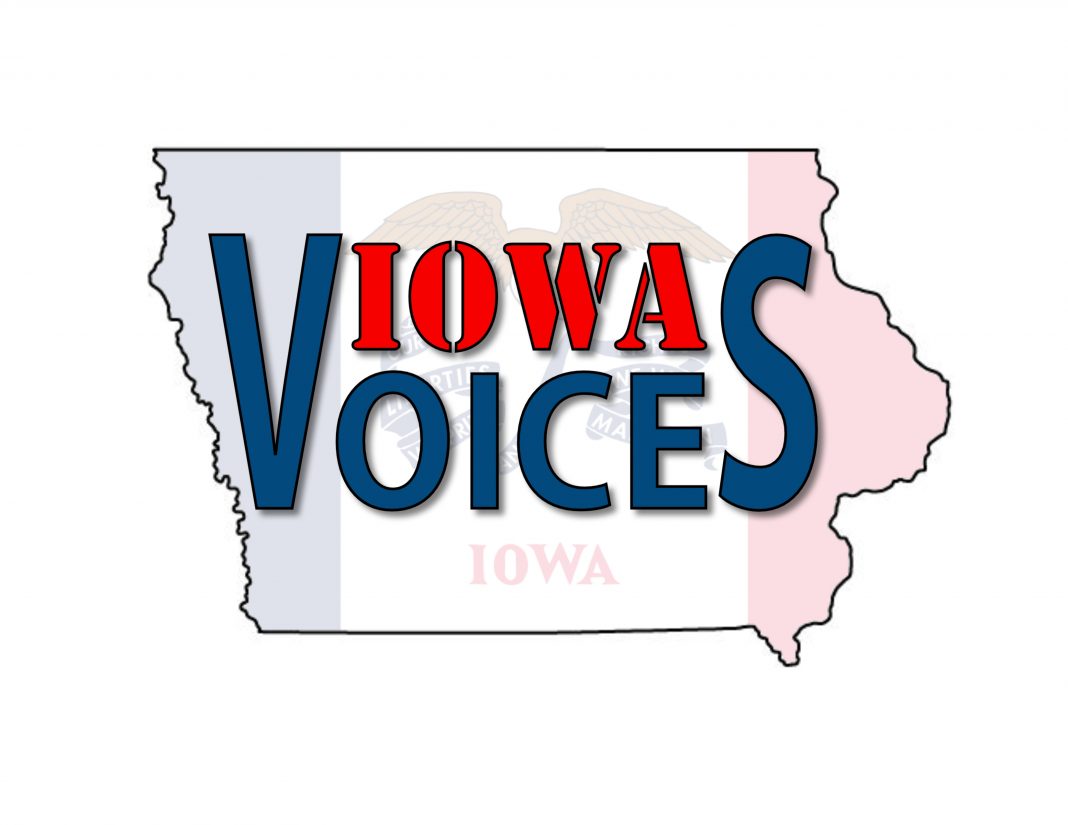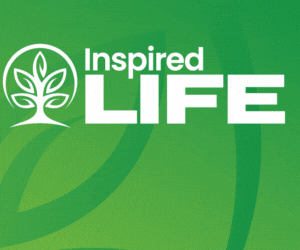We in agriculture seem to be tripping over ourselves with eagerness to cash in on the latest promise of great and easy riches: carbon markets. There are typically multiple articles in any farm magazine which advocate for and espouse the inevitability of carbon offset markets becoming baked into the economic viability of every farmer. Since “leveraging” this emerging market is purely voluntary at this point, I would like to explain why I foresee the carbon market being detrimental to independent farmers and why farmers should avoid cashing in on this system.
First, the whole concept of carbon offsets is based on a concept with no definable baseline. The advocates of these markets say that we need to reduce greenhouse gas emissions because of climate change, but it is a completely arbitrary goal line that is constantly changing and always references end-states 30-50 years in the future. Fifty years ago, we were being warned about the impending ice age; then amazingly, 30 years ago, the narrative suddenly flipped to global warming and disastrous sea levels coming to wipe out islands and coastlines (remember all those islands and coastlines which disappeared when Al Gore’s doomsday clock counted to zero in 2016?). Now, the narrative is “climate change.” That phrase can mean literally whatever anyone wants it to mean. It has no exact definition; no baseline from which to gauge performance. It is equivalent in meaninglessness to saying “the time is now.”
Second, current world power brokers have been working diligently to fundamentally transform world economics in what they call “The Great Reset.” The Biden regime’s own presidential envoy for climate, John Kerry, recently stated at the World Economic Forum that he believes “it [The Great Reset] will happen with greater speed and with greater intensity than a lot of people might imagine.” Michael Rectenwald, the chief academic officer for American Scholars, gave a speech at Hillsdale College in November 2021 and defined what John Kerry is advocating. The World Economic Forum, the UN, and all the participating governments at the WEF’s conference (including our own), ascribe to what Klaus Schwab of the WEF calls “stakeholder capitalism,” which means “that the management of a modern enterprise must serve not only shareholders, but all stakeholders.” How do they define that? Well, they define how well anyone serves the stakeholders with the Environmental, Social, and Governance (ESG) index. Mr. Rectenwald continues, “Stakeholder capitalism…requires corporate responses to…issues such as climate change,” and “the ESG index [is used] to squeeze non-woke corporations and businesses out of the market.”
Third, the biggest influencers in our society do not like independent farmers because we can be fiercely independent and very difficult to control…except when it comes to money. Bill Gates, who is the single biggest farmland owner in our country, recently wrote a book called How to Avoid a Climate Disaster. When he was asked for his recommendation on cutting greenhouse gas emissions in February 2022, he responded that “all rich countries should move to 100% synthetic beef.” He continued, “Eventually, that green premium is modest enough that you can sort of change the [behavior of] people or use regulation to totally shift the demand.” He was specifically talking about “hard to solve” industries like agriculture. Bill Gates is one of the biggest drivers of these new carbon offset markets in agriculture and is helping drive the Great Reset in our “hard to solve” industry.
The bugger is that we in agriculture are really very easy to solve: just dangle some money in front of us and we can be bought off for pitiful amounts. We farmers will stand in Soviet-length lines for $8 worth of a free sandwich and chips, which quite often makes the difference in $100K decisions. My point is this: we are voluntarily creating and setting a trap that is meant for us. As carbon offset payments are irrevocably intertwined into our economics, we will inevitably demand government regulation to ensure a level playing field. Then, with those regulations in place, our venerable, un-elected bureaucrats such as our presidential envoy for climate will suddenly realize that animal agriculture needs to be “solved” in a rich country like ours in order to avoid a climate disaster. Goal posts are moved, ESG scores are leveraged, and non-woke businesses are squeezed out of the market. …and we will only be able to blame ourselves since we are eagerly and voluntarily instituting this system.
- Micah Van Mersbergen













Often it is not the farmers that are deciding on these Green New Deal decisions. It is the grass tops- heads of boards, presidents of farming organizations, lawmakers. These are the “influencers”. These people only see the money and not the cost. Rural Iowa is being bought with easy payments (paid with tax money) attached to endless easements and I think the grass tops are being paid to help.